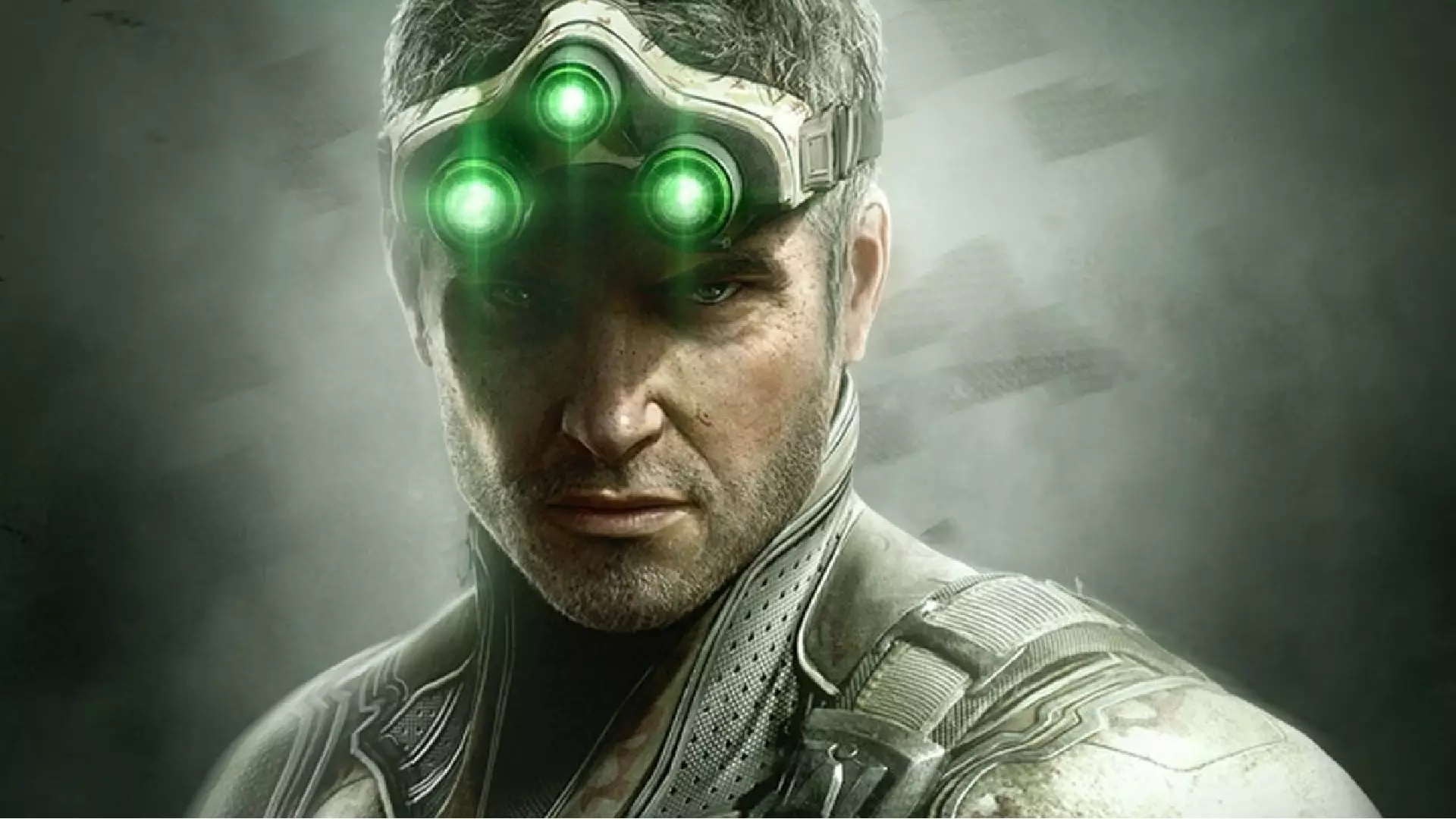Clint Hocking’s reflections on his tumultuous journey through game development reveal a crucial evolution in the industry—a shift towards sustainability in work culture. As the creative director behind the seminal game Splinter Cell: Chaos Theory, Hocking’s experience during its rushed two-year development period is a cautionary tale of the “crunch” phenomenon that has haunted the gaming world. Tasked with wearing multiple hats—scriptwriter, lead level designer, and finally, creative director—Hocking embarked on a path that led him to work grueling 80-hour weeks, a decision that ultimately took a severe toll on his health. This personal journey highlights a critical lesson: a game’s success should never come at the expense of a developer’s well-being.
Hocking’s admission that he “took on too many tasks and too many responsibilities” is a reflection of a larger issue in the gaming industry—a glorification of overwork. However, this acknowledgment serves not only as self-criticism but also as a moment of clarity, marking a conscious decision to prioritize health over excessive ambition. The gaming community must recognize that sustainability in the creative process is equally as critical as the creative output itself.
Embracing Change in the Industry
The evolution of game development practices over the past two decades, as noted by Hocking, suggests a hopeful trend towards more humane work environments. As developers increasingly advocate against unsustainable practices, it signals a collective responsibility to cultivate a healthier culture within game studios. Hocking’s dedication to avoiding the previously untenable workload sets a standard for other creatives in the industry. He has emphasized the importance of collaboration and mentorship, stating he now surrounds himself with individuals more adept in various disciplines—an approach that not only improves the outcome of projects like Assassin’s Creed: Codename Hexe, but also fosters a supportive professional environment.
Furthermore, the acknowledgment from industry leaders about the dangers of crunch provides an invaluable opportunity for developers to redefine success. It is not just about creating high-quality games quickly; it’s about building a sustainable work environment that champions creativity without sacrificing personal health. By recognizing the long-term benefits of stepping away from a mindset that equates long hours with dedication, the industry can reach new heights—both in terms of creativity and employee satisfaction.
The Future of Game Development
As fans eagerly await the arrival of titles such as Assassin’s Creed: Codename Hexe and the Splinter Cell remake, Hocking’s journey resonates profoundly. While these titles have immense expectations, the question remains: how will the industry continue to balance quality with the well-being of its artists? The recent trend toward open discussions about mental health and work-life balance highlights a necessary pivot in priorities. Instead of continuing to glorify overwork, the industry must adopt a holistic approach, understanding that the best work often emerges from a state of balance, clarity, and health.
Hocking stands as a testament to a new wave of thinking in game development—one that prioritizes sustainability over superficial success. His journey underscores that the real revolution in gaming isn’t just about technological advancements or blockbuster releases; it’s about nurturing the minds behind the games so that they can thrive creatively and personally. This evolution may ultimately lead to a renaissance in game creation, characterized by innovation, passion, and most importantly, well-being.


Leave a Reply